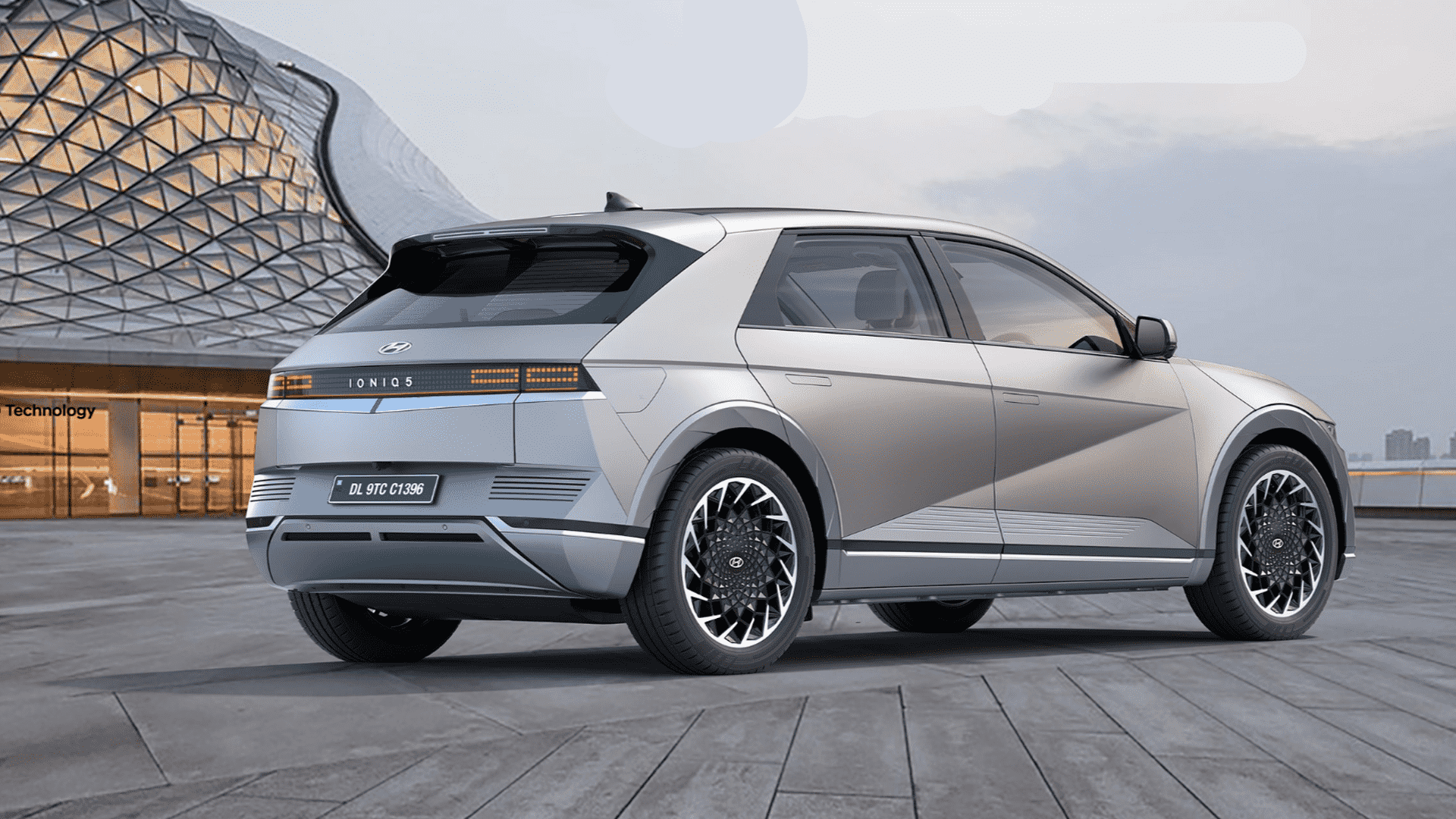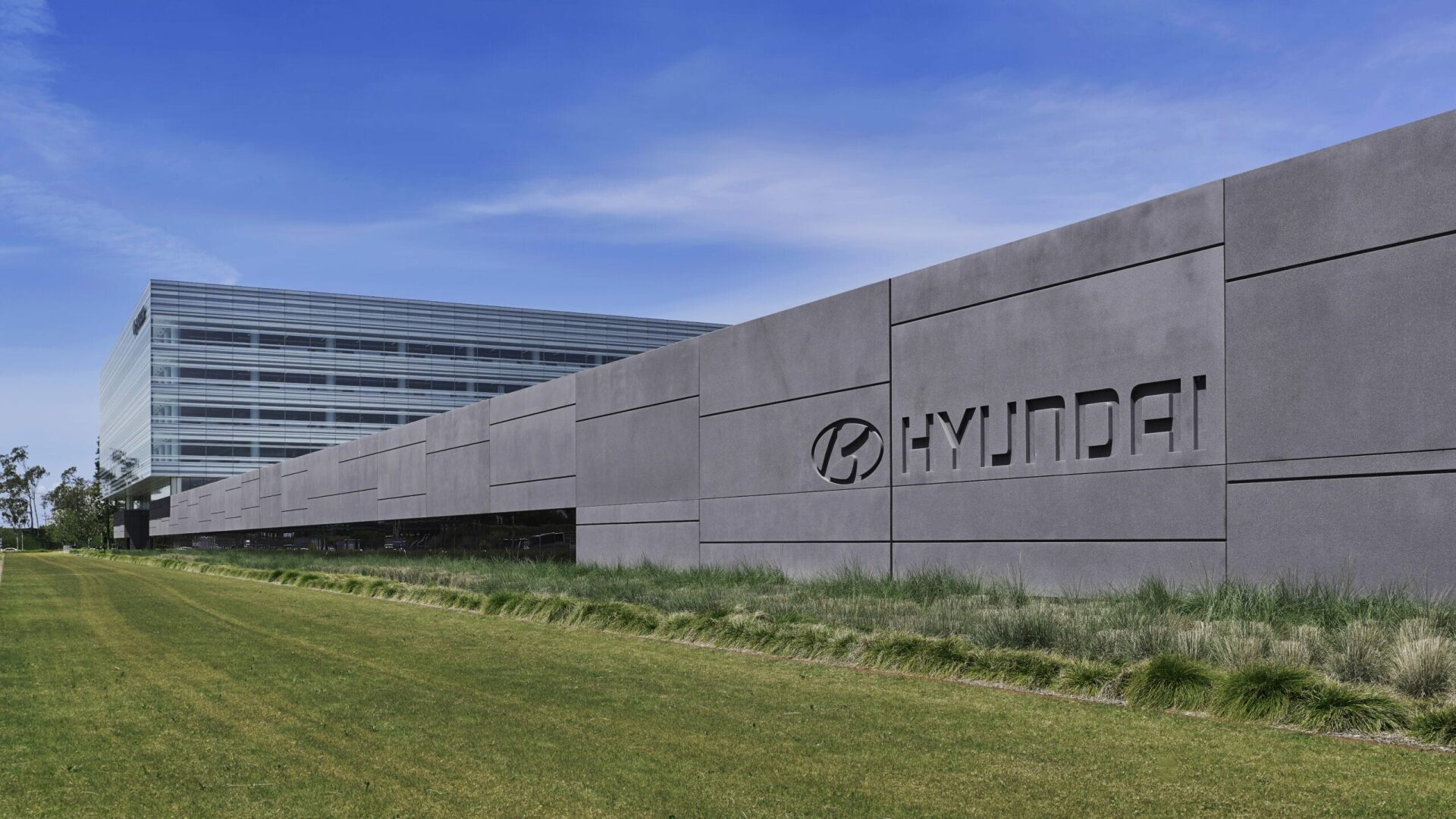Contrary to expectations driven by the electric vehicle (EV) surge, Hyundai is reportedly reviving its efforts in petrol and diesel engine development, prompted by relaxed emissions regulations in key markets. After a hiatus of two years, Hyundai is resuming its focus on cleaner combustion engines, as per a report by the South Korean publication ET News.
The pause in petrol and diesel engine development occurred when Hyundai transformed its combustion engine powertrains department into an electrification development unit in late 2021, aligning with the industry trend towards electric propulsion.
However, recent adjustments to emissions policies in Europe and the US have prompted Hyundai to establish an “Engine Design Department” within its Electrification Performance Development Centre.
This renewed focus on combustion engines includes plans for the development of a new engine, with the newly formed department reportedly employing 150 to 200 staff, comprising both existing company personnel and external recruits.

The decision to restart engine development follows the relaxation of proposed vehicle emissions regulations in the US, which occurred last month, echoing similar measures taken by Europe in October 2023. While combustion engines have received a reprieve due to these policy shifts, the European Union remains committed to banning the sale of new petrol and diesel cars by 2035.
Despite revisiting petrol and diesel engines, Hyundai remains steadfast in its goal to sell two million electric vehicles globally by 2030, a target announced in June last year. To support this objective, the company is set to introduce a new electric car platform called the Integrated Modular Architecture (IMA), replacing the existing Electric-Global Modular Platform (E-GMP) utilized in models like the Ioniq 5 and Ioniq 6.

